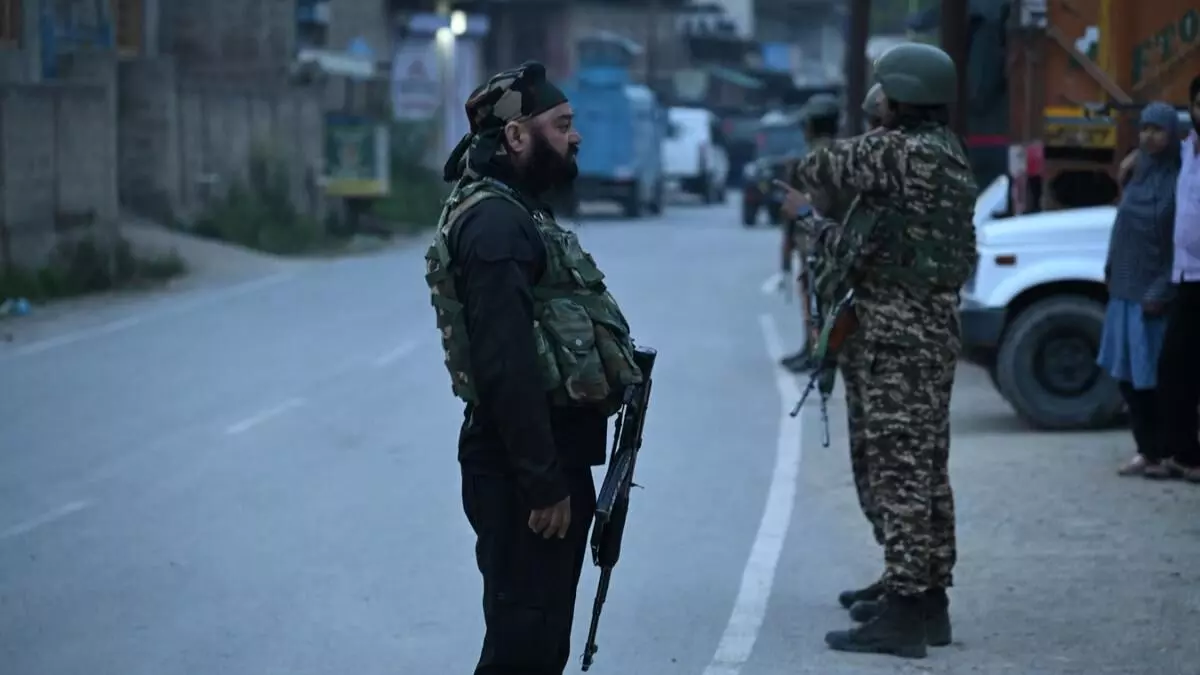Tensions Escalate: The Impact of Operation Sindoor on India-Pakistan Relations

The recent military engagement between India and Pakistan, marked by India's launch of 'Operation Sindoor' on May 7, 2025, has raised significant concerns over regional stability. The operation targeted nine terrorist infrastructure sites in Pakistan and Pakistan-occupied Jammu and Kashmir, in response to the deadly Pahalgam terror attack that claimed 26 lives. As a reporter observing these developments, the unfolding scenario feels charged with both urgency and complexity.
What Led to Operation Sindoor?
The backdrop to this military action was the April 22 terror attack in Pahalgam, which resulted in the loss of innocent lives and ignited widespread outrage across India. In response, the Indian government decided that a decisive military action was necessary. The Ministry of Defence released statements emphasizing that the strikes were focused solely on terror camps and did not target Pakistani military installations, highlighting a strategic approach aimed at minimizing escalation.
Following India's airstrikes, the Pakistani military confirmed that two Indian jets were shot down in retaliation, escalating the conflict further. Pakistan’s Defence Minister Khawaja Asif labeled the Indian strikes as an 'act of war' and promised a 'befitting reply'. This tit-for-tat response showcases the precarious nature of the India-Pakistan relationship, where each action is met with an equally robust counteraction, raising fears of a larger conflict.
The international community has been closely monitoring the situation. The United Nations Security Council held discussions urging both nations to exercise restraint and engage in dialogue. U.S. President Donald Trump expressed hope for a quick resolution, emphasizing the long-standing tensions between the two nuclear-armed neighbors. Such international perspectives underscore the global stakes involved in this regional dispute.
In light of the escalating tensions, the Indian government has initiated civil defense measures, including mock drills across various states to prepare civilians for possible hostile attacks. The emphasis on community involvement reflects an effort to ensure public safety while simultaneously reinforcing national unity amidst external threats. It’s a proactive measure that aims to bolster civilian morale and readiness in uncertain times.
As I reflect on these developments, it is evident that the situation remains volatile and unpredictable. Both countries are entrenched in a cycle of retaliation that could spiral out of control if not managed carefully. The need for dialogue, de-escalation, and mutual understanding is more critical than ever. The international community must play a role in facilitating discussions, as both nations navigate this contentious chapter in their history. The consequences of failing to address these tensions could be dire, not just for India and Pakistan but for regional security as a whole.
